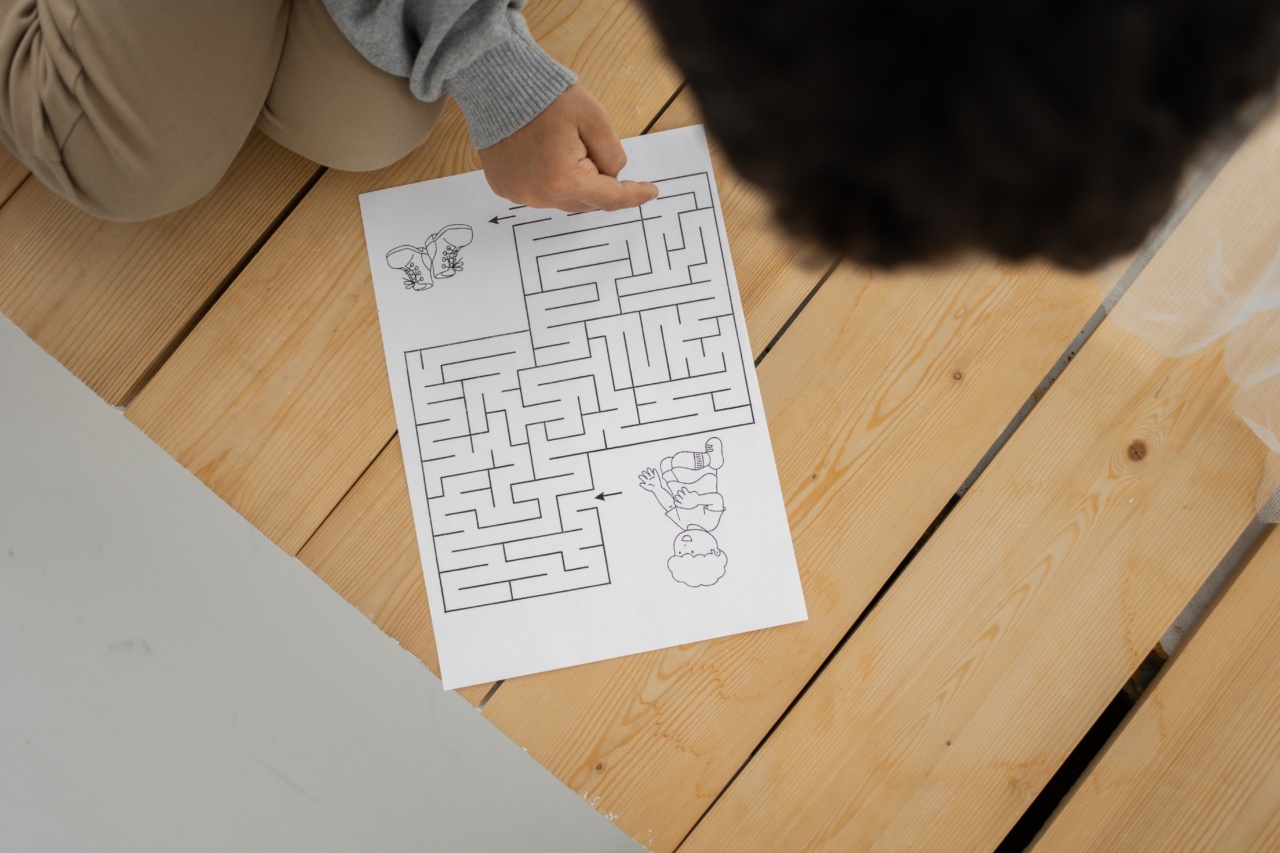As a parent, you are your baby’s first teacher, and the early years of your little one’s life are crucial for their brain development.
A baby’s brain is constantly growing and changing, and one of the best ways to stimulate their brain is through movement. In this article, we will explore various ways to engage your baby in movement activities that can enhance their cognitive, sensory, and motor skills.
1. Tummy Time: A Fundamental Exercise
Tummy time is a simple yet highly effective exercise that helps to strengthen your baby’s neck, shoulder, and arm muscles. It also plays a vital role in preventing flat spots on the back of your baby’s head.
Begin by laying your baby on their tummy on a soft surface.
2. Dance, Dance, Dance!
Music and movement go hand in hand when it comes to stimulating a baby’s brain development. Put on some lively music and hold your baby securely as you sway, dance, and spin around the room.
This activity not only provides a great bonding experience, but it also introduces rhythm and enhances your baby’s sense of balance.
3. Baby Yoga for Flexibility
Baby yoga is a fantastic way to boost your baby’s flexibility and coordination.
Perform gentle yoga poses with your little one, such as the “Happy Baby” pose or “Downward Dog.” These movements help to stretch and strengthen their muscles while improving their body awareness.
4. Reach for the Stars
Install a baby-safe wall mirror at your baby’s eye level or place interesting toys slightly out of their reach. Encourage your baby to reach out for objects as they lie on their back or tummy.
This exercise not only builds their motor skills but also promotes spatial awareness and hand-eye coordination.
5. Water Play for Sensory Stimulation
Babies naturally love water, and water play is an excellent sensory activity that stimulates their brain development. Allow your baby to splash around in a shallow basin or baby pool with your close supervision.
The sensation of water on their skin, combined with the freedom of movement, helps enhance their tactile senses and coordination.
6. Baby Sign Language
Introducing your baby to basic sign language can facilitate their brain development by engaging multiple senses simultaneously. Use simple signs like “more,” “eat,” or “milk” while communicating with your baby.
By associating gestures with words, babies can develop their understanding of language and communication skills earlier.
7. Babywearing: Bond and Learn
Babywearing provides numerous benefits for both the baby and the caregiver. When you wear your baby in a supportive carrier or wrap, they are exposed to a constant source of movement and stimuli.
As you go about your daily activities, your baby is actively engaged, observing their surroundings, and absorbing information that supports their brain development.
8. Move and Imitate
Babies are natural imitators. Take advantage of this innate instinct by engaging in activities that involve imitation. Stick out your tongue, clap your hands, or make funny faces.
Your baby will try to mimic your actions, which helps to develop their social and motor skills.
9. Roll, Crawl, and Explore
Encourage your baby to explore their environment by providing them with opportunities for independent movement. Place enticing objects or toys at a short distance and motivate your baby to roll, crawl, and reach out to them.
This allows your baby to exercise their gross motor skills while developing their curiosity and problem-solving abilities.
10. Outdoor Adventures
Nature offers a multitude of stimuli that stimulate a baby’s senses and brain development. Take your little one outdoors and let them experience the sights, sounds, and textures of the natural world.
Encourage them to touch grass, listen to bird songs, or feel the wind on their face. These activities promote sensory processing and enhance cognitive development.
Remember, every baby’s development is unique, and not all milestones are reached at the same time. Engage in activities that are appropriate for your baby’s age and developmental stage.
By incorporating movement-based experiences into your baby’s daily routine, you can provide a solid foundation for their brain development and set them up for a lifetime of learning and growth.































